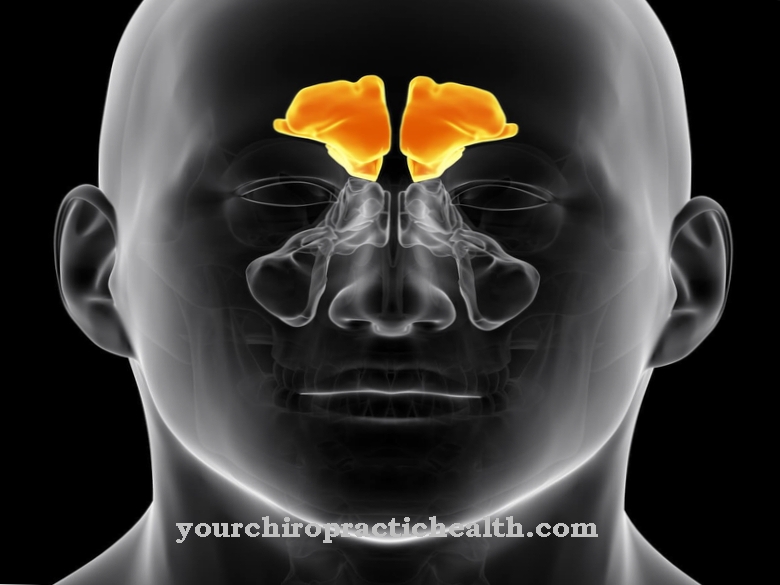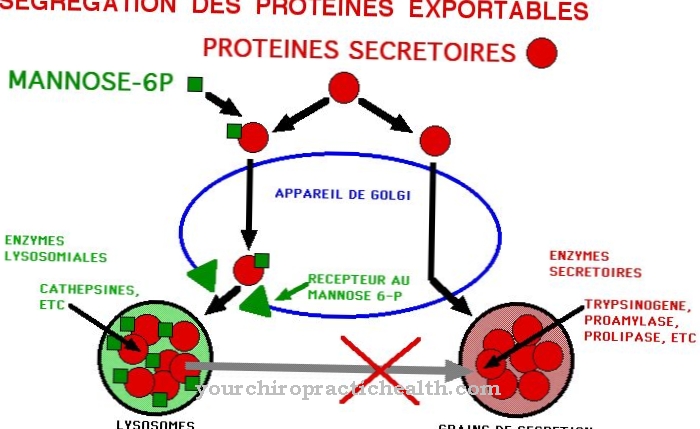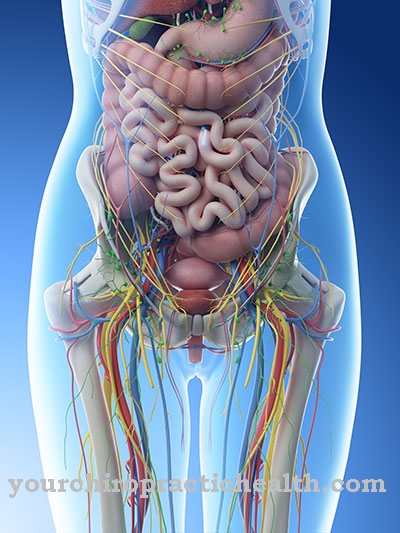On the wish the most important, non-essential needs of the human being come to the surface. Although these do not seem essential to life, man can link the success of his existence to the satisfaction of these needs. Disregard or failure of the wish can have long-term consequences that burden people.
What is a wish

A wish is the expression of the greatest human will. The sphere of meaning of the wish must be distinguished from other human urges such as drives or situational affects. Hunger, thirst or appetite are not wishes. The first two are instincts, the latter is a situation-born urge. The desire, however, is more long-term than the urges mentioned. He is a picture in the head. The desire is a leitmotif to which the striving of the individual is subjected.
Two kinds of impulses emerge in the desire. On the one hand, the wish can arise from one's own desire. On the other hand, it can testify to an understanding of the requirements of the environment. The wish is initially an unreal idea and can only come true in the future. From the fulfillment of the wish, the person making the wish hopes that his motives will be satisfied.
A person who wishes for a harmonious family happiness expects a deeply felt security and lasting joy when the wish has been fulfilled. Another person who wants to be a king suspects that they will feel powerful, invincible, and glorious should the desire take shape. A wish is always accompanied by expectations of something better. The desiree promises relief from his long-lasting desire. Ultimately, a plateau of satisfaction should be achieved from this relief.
Function & task
Desire formation mostly happens for irrational reasons, which are often influenced by the subconscious. Thus hidden tendencies, inclinations and needs are expressed in the desire. The subconscious, or at least not always immediately accessible, is transferred into the conscious.
In many cases, wishes can be replaced with the word goal setting. Anyone who has a wish perceives it as a high or highest goal. At the same time, however, the person who wishes can also develop other wishes. These also exist as less important goals. One wish does not exclude another.
The desire, the goal, drives people and offers them a template into which they can insert their life. Accordingly, desires are primarily evocative to humans. The one who desires receives a meaning in life from the wishful thinking. A heartfelt desire can cause many other aspects of life to be subordinate to it, including doubts, ruminations or identity crises.
The one who wants knows what he wants. Accordingly, he can focus better. Since he also pursues other, smaller wishes on the side, he does not stop pursuing other goals. This creates a network of wishes. Wishful thinking gives an idea of a potential future. It helps people develop a feeling for what will come later. Having a wish for the future makes the desperate less afraid of losing time. The wish can not only answer or cover up questions of meaning of the person, but also consolidates his sense of time.
Illnesses & ailments
Man cannot only have different desires. He can also indulge two wishes that are mutually exclusive. A person can equally wish to be a good person and to harm another person. In such cases, it is often not only the intellect but also the affect that decides about the fulfillment of the wishes. The decision can subsequently burden people in various ways.
When desires overlap, the person's need cannot be sufficiently satisfied with his choice and causes frustration. In addition, some desires collide with values such as moral principles and state legal systems. A person who wants money but does not have a large income could forge that money. In doing so, however, he is committing a criminal offense according to the law and is legally prosecuted for fulfilling a wish. So some desires have to be suppressed and accumulate as agonizing disappointments.
In particularly serious cases, unfulfilled wishes lead to disillusionment and self-doubt. Man struggles with his inability or fate. This perceived failure can, depending on the character, easily end in depression or turn into aggressive behavior. In addition, there is a risk with life wishes that all other life contents are subordinated to the wish. Full concentration on the career leads to neglect from the partner or the children. In addition, hobbies and free development suffer from the stubborn pursuit of the one desired goal. Those who wish with blinkered eyes often tend to forget their surroundings. Sometimes they move in a world of their own which, according to its laws, submits to the wish.
The following symptoms and clinical pictures can result from unfulfilled desires: disappointment, self-doubt, reduced self-esteem, aggressive behavior, disadvantage in other areas of life, frustration, anger, restlessness, depression, loss of reality. For a healthy handling of desires, it is important to strike a balance between doggedness and inaction.




























.jpg)